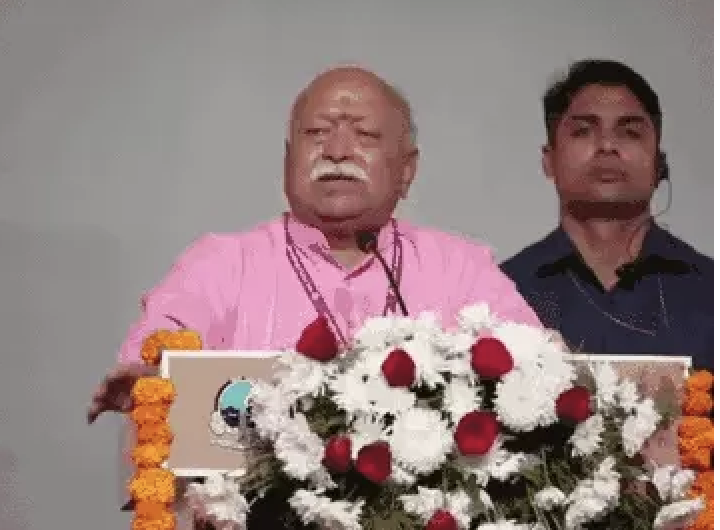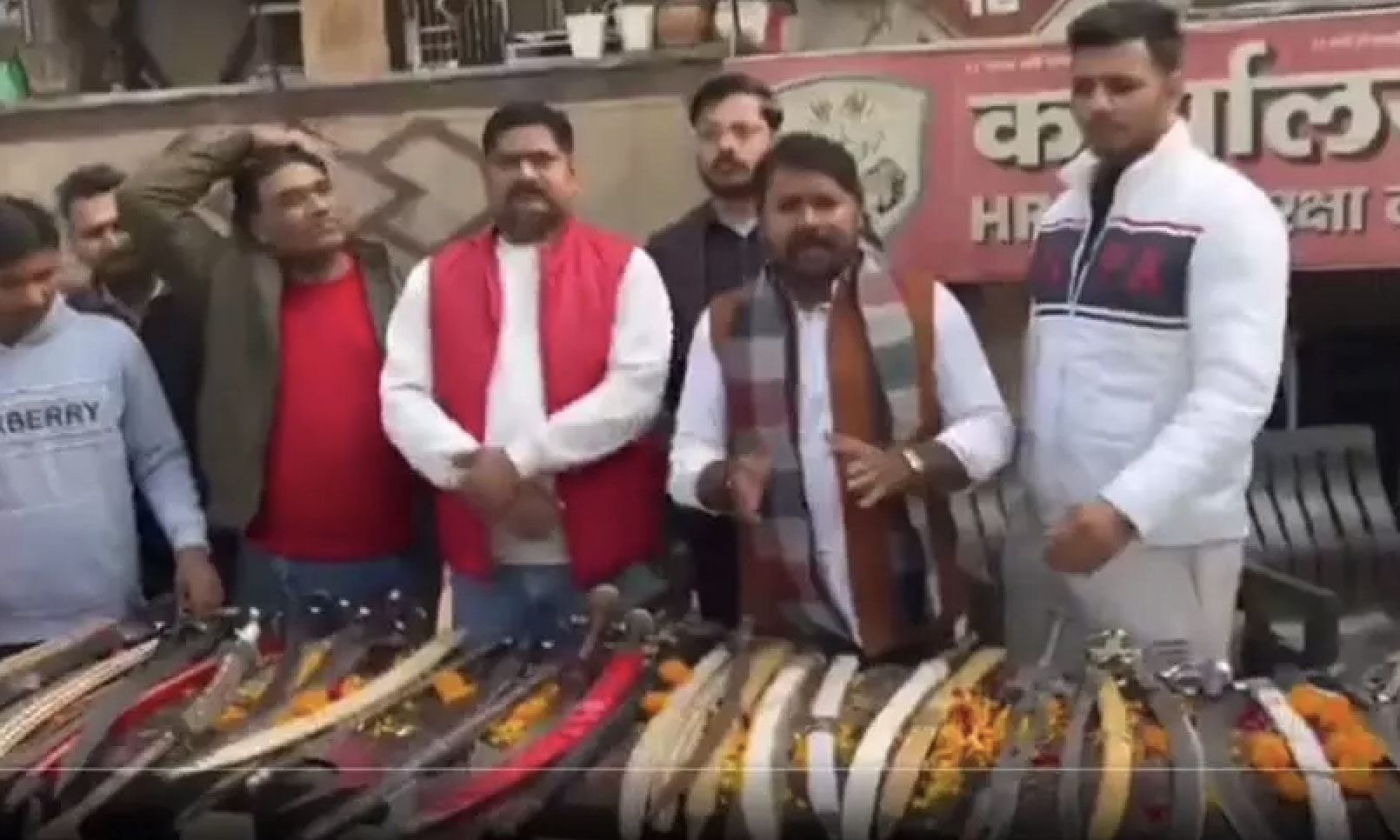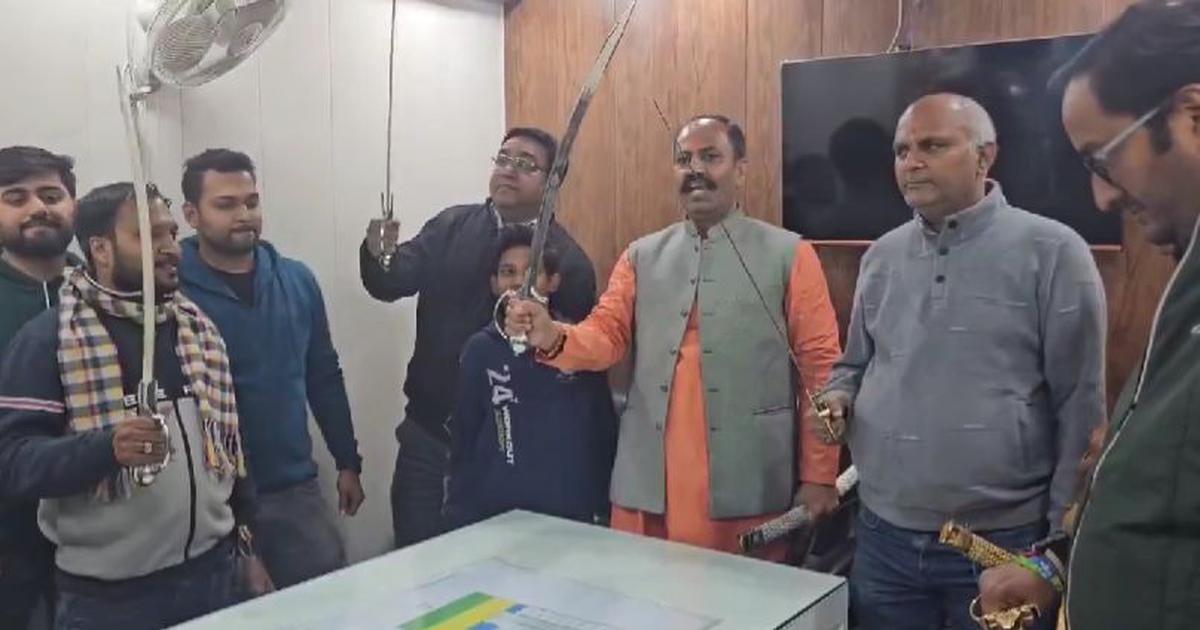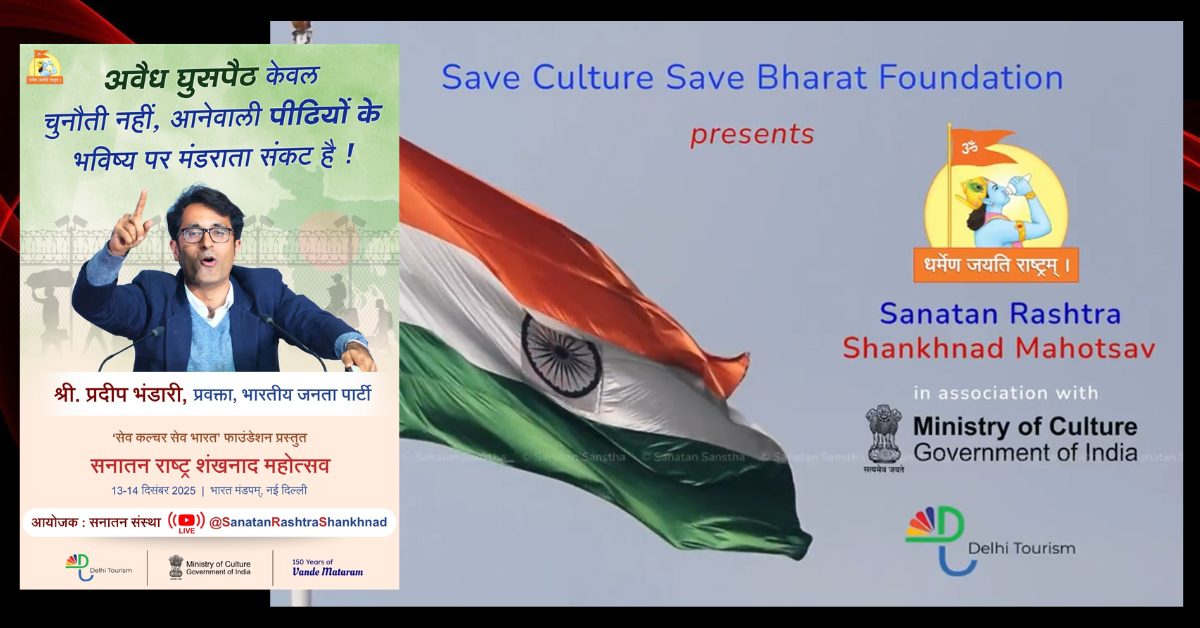It was just another Saturday in Akola, a small city in the western Indian state of Maharashtra, when a heated argument on social media over a controversial film called The Kerala Story quickly escalated into deadly violence.
According to local reports, screenshots of the conversation, which was steeped in religious insults, quickly went viral. Within hours, a huge crowd marched to the police station to complain about hate speech while another began to pelt stones and vandalize homes and vehicles. The violence has led to the death of one man identified as 40-year-old named Vilas Gaikwad, while eight others were severely injured and hundreds more were arrested by the local police. The authorities also cut Internet services, imposed curfews, and appealed for peace to try and bring the situation under control.
But the saga surrounding The Kerala Story is far from over. The low-budget Hindi film directed by Sudipto Sen, which was released in cinemas last Friday, tells the fictional story of three women from the southern state of Kerala who are lured into joining the Islamic State (IS) group after being converted to Islam. The filmmakers claim the film is based on years of research, but critics have panned it as propaganda aimed to stoke religious disharmony and Islamophobia.
Since its release, the film has received an equal amount of support and disdain: while many leaders from the ruling Bharatiya Janata Party (BJP), including Prime Minister Narendra Modi, have praised it, some state governments like West Bengal and Tamil Nadu have refused to screen it at cinemas in an effort to control communal tensions. Now, the Indian Supreme Court is being asked to weigh in on the matter.
Below, what to know about the controversy.
Why is The Kerala Story so contentious?
The Kerala Story had already created a furor months before its release when it screened a teaser in November 2022 claiming to reflect true “heart-breaking and gut-wrenching stories of 32,000 females” from Kerala who joined IS.
This claim has since been debunked by a few different outlets, including the fact-checking website Alt News, which published a detailed report that concluded that there was “no evidence” to back the number. According to the U.S. State Department, “66 known Indian-origin fighters” were affiliated with the IS as of November 2020, while India’s National Investigation Agency said in September 2021 that it had arrested 168 people connected to 37 cases “of terror attacks, conspiracy, and funding” inspired by the IS. Indian officials have also stated that four women from Kerala who had joined the IS were in jail in Afghanistan. One anonymous police official told the BBC that since 2016, no more than 10 to 15 women from Kerala have converted and left to join the IS.
In response to the backlash, the filmmakers subsequently updated the film’s description on Youtube, calling it the “compilation of the true stories of three young girls from different parts of Kerala.”
However, the film continues to face legal challenges and criticism. In Kerala, which has a population of 33 million—of which 27% are Muslim and 18% are Christian, according to the last census in 2011—politicians and leaders have alleged that the film is part of a larger campaign that’s trying to provoke religious and communal tensions in one of India’s most socially progressive states…
This story was originally published in time.com. Read the full story here






